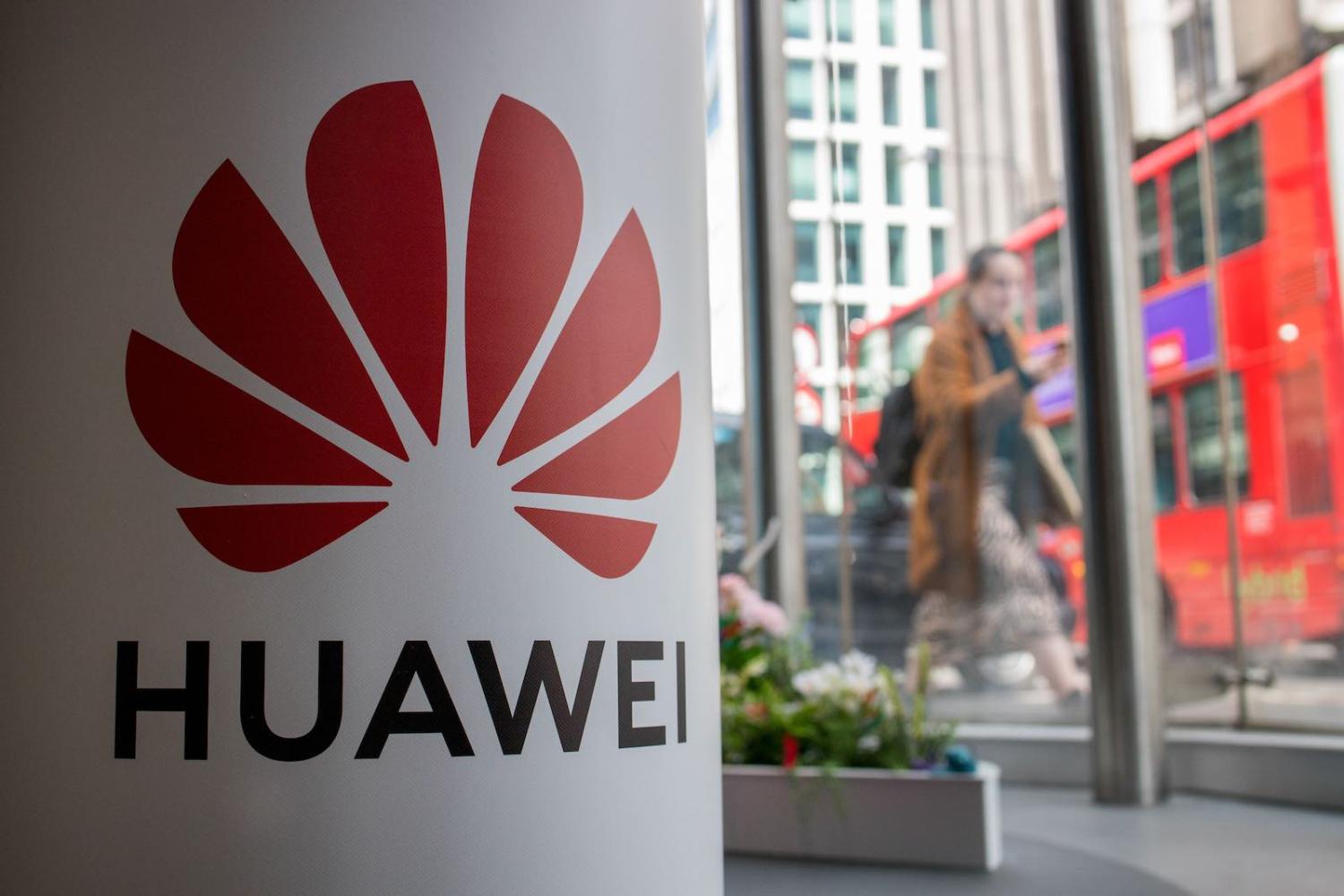Whatever the true situation behind the sacking of Gavin Williamson as British defence secretary over claims (which he strenuously denies) that he leaked information to the Daily Telegraph from a meeting of the National Security Committee on Chinese telecom company Huawei, one thing is crystal clear. This is the moment that China, once regarded as in the domain of foreign affairs and therefore somewhat removed from daily life politics and the principle concerns of British people, became a domestic issue.
One description of this case is that it marks the first scalp that the risks of dealing with China and misjudgements about this has led to in the upper reaches of the British political establishment.
Prime Minister Theresa May’s spokespeople have said that the Huawei leak case is now a closed one. But that is almost certainly wishful thinking. The events of the last few days might mark the end, for the time being at least, of Williamson’s cabinet career. But they mark the beginning of a battle over just what role Chinese companies, and Chinese technology, are going to play in UK life as it continues to head towards the vision of Global Britain post-Brexit.

For all the soporific platitudes of figures such as former foreign secretary and keen Brexit cheerleader Boris Johnson that the future is going to be endlessly good and bright, the Huawei quandary that lies behind Williamson’s dismissal proves that this, at best, wishful thinking. There is clearly no consensus over exactly how to balance the economic benefits of dealing with Huawei – a company that has competitive pricing and technology for its products – with the emerging security concerns.
The latter have been articulated most forcefully by the US, and, before it, Australia when it banned Huawei from a national broadband project in 2012. The simple fact is that for the UK, trying to maintain a splendid neutrality on this is not going to be easy, and might in the end prove impossible. There is a real danger that as with Brexit, the attempt to implement the originally intention ends up irritating everyone. The UK may well be on the road to making powerful antagonists of the US and the Chinese if it handles this situation badly.
The simple fact is that for the UK, trying to maintain a splendid neutrality on this is not going to be easy, and might in the end prove impossible.
Reports by Bloomberg about Vodafone claiming they have found a security backdoor in Huawei products, if they are verified, could prove hugely important. Until now, the security centre set up uniquely in the UK to look specifically at Huawei products has produced annual reports saying, somewhat grudgingly, that they have not been able to find cast iron proof of any suspicious behaviour. Their main complaints have been about more generic and prosaic security failures – not about ones that involve espionage implications.
In many ways, the UK has been hedging on the Huawei issue, waiting till things clarify in Washington, and perhaps a more positive atmosphere for the company starts to appear. Beyond Huawei as a single company, there are far higher stakes. Chinese companies are producing good technology, and, because of the amount of investment the government is putting in to this area, are likely to get better over the next few years. At some point, perhaps quicker than was ever expected, they will be producing products and techniques that the outside world will badly want access to. At this point, those who put the investment into creating a decent dialogue and collaboration with China may well be in the best position to start getting a return on all their effort.
Our mindsets outside of China at the moment are too set in the notion of Western perpetual technological superiority and an asymmetry that suits us. Very little thinking has been given to the notion that one day that whole situation might go in reverse. Once this seen as being to far out to be contemplated. Now it no longer seems to fantastical.
There is one positive outcome to the recent Huawei travails in Britain. British politicians are now seeing with crystal clarity that devoting a bit of thought, and paying attention, to matters concerning China is not some arcane side line, or something they can just shower benign rhetoric on without doing something. It is now a matter where misjudgements, and lack of knowledge, can lead to the truncation of what were formerly promising careers and worse.
China is a global power now. And British politicians like Williamson have just learned that for all the talk of Global Britain going out, it’s Global China going out they have to pay attention to.
Kerry Brown’s The Future of UK–China Relations is published this month by Agenda Publishing.

